HTC 10 vs Samsung Galaxy S7
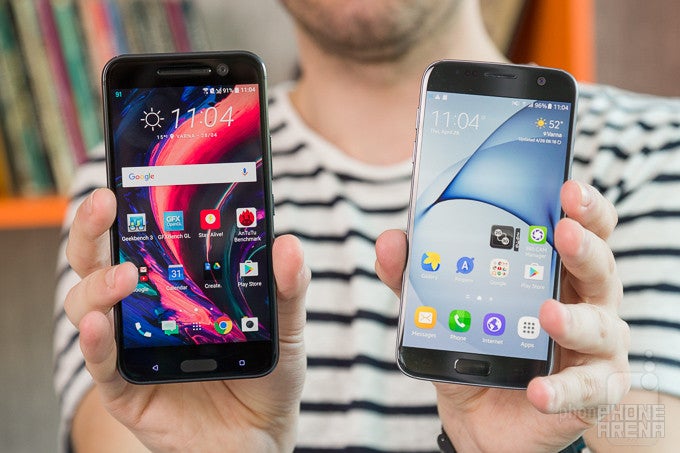
Introduction
If ever there was a favorable moment in time to be in the market for a high-end, it's got to be right now. It certainly feels like the flagships of the day are more polished than ever before. HTC's newly released 10, along with Samsung's slightly older Galaxy S7, are two great examples.
Among our favorites for a best-of pick for the first half of 2016, these two check all the right boxes, and more. However, it's impossible not to appreciate the differences in underlying philosophy and subsequent execution with both.
It's high time we took a closer look and examined what these are and what they entail.
Design
While metal-made flagships are feeling like the norm today, it wasn't too long ago when we were dealing with predominantly plastic creations. While a practical pick—and also cheaper to implement—plastic has often been a thorn in the eye of those looking for a premium Android buy. That is, until the HTC One from over three years ago.
Still regarded as one of the most compelling designs HTC has ever come up, it's with a sigh of relief that we saw the company continue along that familiar tangent with the 10. Also featuring an aluminum body, the HTC 10 is a sight to behold in a mannish kind of way. It's a man's tool, not a boy's toy, but also different from its predecessors, with capacitive navigation keys, and none of them front-firing BoomSound speakers.
If we were to extend the macho metaphor a little bit further, we could say that while the HTC 10 feels like your typical, American muscle-type car, the Samsung Galaxy S7 would be the slick convertible that has a more universal and unisex appeal. A blend between glass and metal, the S7 is smaller, thinner, and lighter, all the while offering perks such as IP68-certification, meaning it's dust-tight and water-resistant.
When it comes to objective factors, such as ergonomics, we have to give it to Samsung here: the S7 is all-around smaller and easier to handle, and more grippy due to the glass backplate. On the other hand, we prefer the ridged power button of the 10, along with its more easily accessible volume rocker—in comparison, reaching the volume keys on the S7 is a stretch unless you're left-handed.
Display
After years of sticking to smaller displays with lower resolutions than its rivals—which wasn't necessarily a bad thing—HTC is finally beefing up on the specs with the 10. Packing a 5.2-inch LCD display with a Quad HD (1440 x 2560) res, the HTC 10 is evenly matched against the Galaxy S7 and its 5.1-inch AMOLED panel with the same pixel count. Rest assured that both provide an incredible level of detail—more so, in fact, than needed.
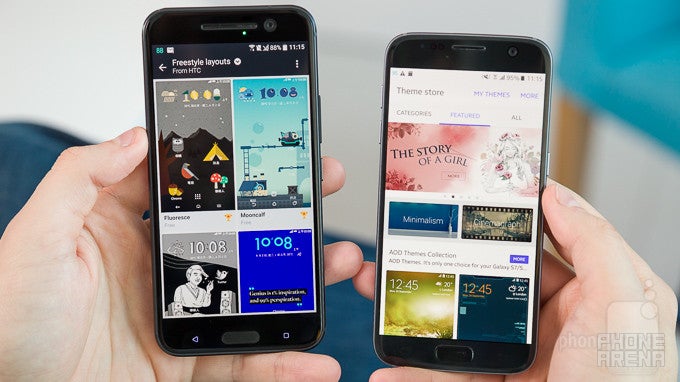
The Galaxy S7 wins out in terms of brightness —both at the top and low end. Peaking at over 480 nits and managing as little as 2 nits, Samsung's flagship overshadows the HTC 10, which is dimmer when it has to be bright, and brighter when it has to be dim (before you hit the sack).
Finally, it ought to be mentioned that the Galaxy S7 has an Always-On display feature, meaning it will display information even when the phone is sleeping—information such as the time and date, or your calendar. However, since this drains the battery and is of questionable use, we're unwilling to shoot some extra points over to Samsung's camp over this one.
Interface
If you're trying to decide between the HTC 10 and the Samsung Galaxy S7, their respective Android Marshmallow-based interfaces might just settle the dilemma for you. While built on top of the same Android base, the two veteran companies took distinctly different approaches to user experience.
With the HTC 10 you're getting the Sense 8 UI, and like the name suggests, almost everything about it makes a lot of sense to a certain group of people—the people who're looking for a stellar, minimalist execution and no kitsch. It's holistic, down to the point, and unsympathetic to the 'more-is-better' mindset. Almost to an extreme, that's the opposite of what Samsung is going for with its TouchWiz interface.
It's not that Samsung necessarily lacks taste or that its UI looks bad—or anything like that. But it's clear that the South Koreans are chasing after a different kind of customer. A customer that wants his device to have more tricks up its sleeve than the next. And while one will get that with the Galaxy S7, there's a price. TouchWiz is heavier, a good chunk of the included features are dangerously unpopular, and it just strikes us as a bit unfocused and needlessly bloated in comparison. But if being a power user is a point of pride with you, then it might be just what you're looking for.
Standout features with both include Game Launcher with the S7 and Boost+ with the HTC 10. The former allows you to turn off notifications during game time, turn off navigational keys to avoid accidental interruption, record gameplay, and even lower resolution and frame rate to save on battery and improve performance. Similarly, Boost+ on the HTC 10 is supposed to keep it performing fluidly by managing your apps in the background and scheduling regular maintenance to clear out junk files. Boost+ also can also help you save on battery when gaming and even lets you lock other apps so that they only open through a pattern or fingerprint.
Fingerprint scanners
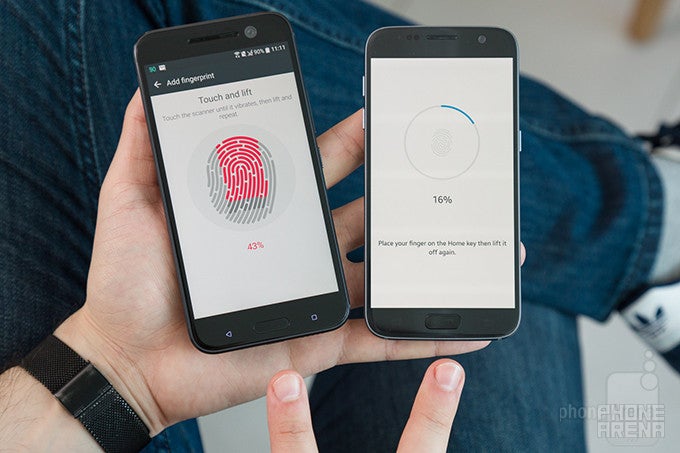
Unlike Samsung, HTC didn't rush into a fingerprint scanner before a decent one was available, and saved itself the embarrassment that was the Galaxy S5's swipe-type unpleasantness. Thankfully, when it moved in, it had something much superior, but by then so did Samsung.
Both the HTC 10 and the Galaxy S7 feature touch scanners located up front, and integrated into the Home button. In our experience with both, we tend to favor the HTC 10's unit, as it feels more consistent in the long run.
With the HTC 10, you can also lock specific apps in case you're feeling paranoid that someone might access your more sensitive files.
System performance
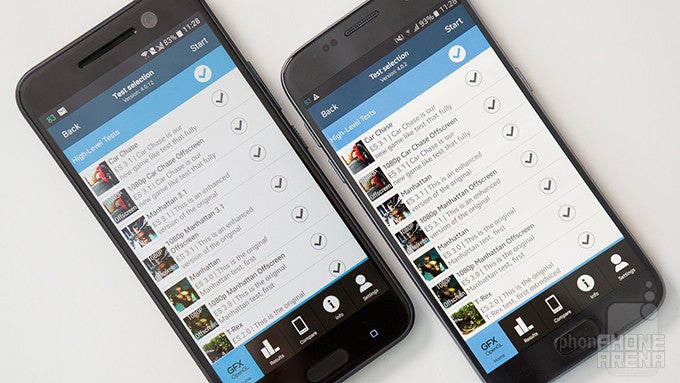
Benchmarks be damned, we have no issue giving this one to the HTC 10. Sure, the Exynos-powered model of the Galaxy S7 is a force to be reckoned with, but even in terms of synthetic tests, it isn't significantly ahead of the Snapdragon 820 propelling the HTC 10.
The reality is that despite the many optimizations we've seen become part of Samsung's TouchWiz interface, it's still a little jerky in everyday operation, and specifically compared to the smooth-running Sense 8 UI on the HTC 10.
In terms of gaming performance, we can't complain. Both run triple-A mobile titles without breaking a sweat, though we do feel that the HTC 10 is getting perhaps a little too warm when stressed for longer periods.
Finally, on storage, we have an identical setup. Both devices come with 32GB of integrated storage, with the option to expand through microSD. Moreover, with the HTC 10 you're getting 100GB of Google Drive storage for two years, while with the Galaxy S7 you get the same deal, but with Microsoft's OneDrive service.
Camera
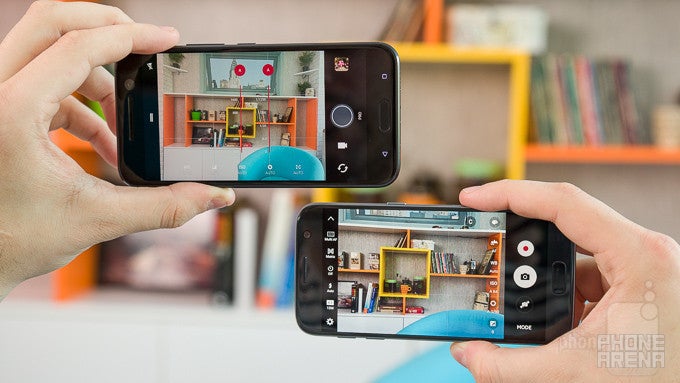
Years of mucking it up has finally forced HTC to seriously reconsider its approach to cameras. With the 10, the company has moved to a more sensible, 12-megapixel unit with large, 1.55μm pixels and wide, f/1.8 lens. And while the Galaxy S7 has the advantage in terms of lens size (f/1.7), its 12-megapixel sensor is smaller (1/2.3” vs 1/2.5”), and so are the pixels on it (1.4μm). Both are optically stabilized, though the 5-megapixel selfie snapper of the HTC 10 also is, while the Galaxy S7's 5-megapixel unit isn't.
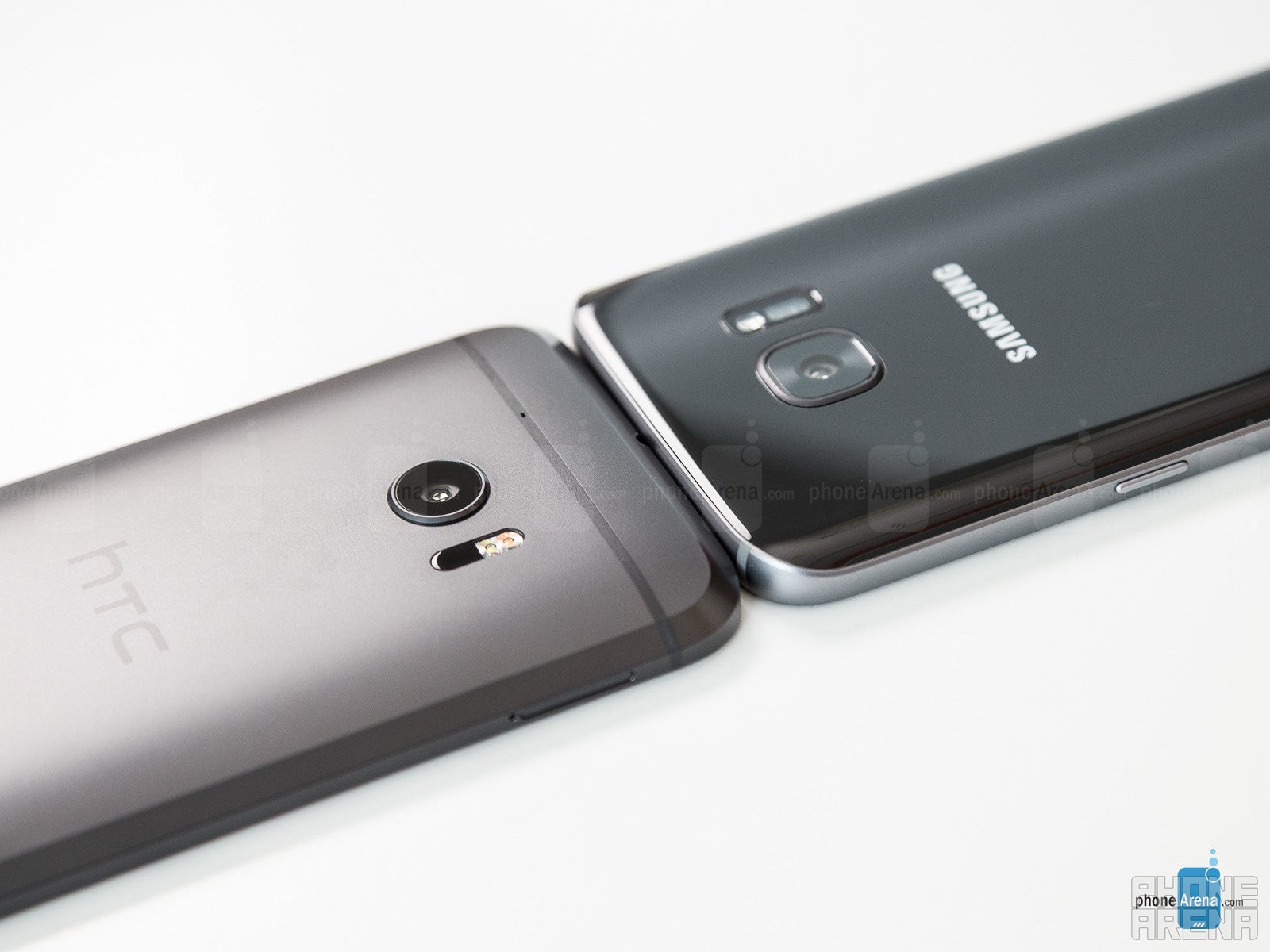
Indoors, we've got a similar give-and-take, but we tend to like the Galaxy S7 better overall. Sure, both phones are not without error when it comes to setting the proper white balance, but we've got to give it to Samsung for being slightly ahead in terms of natural representation.
As for low-light and nighttime photography, we're once again leaning on the Galaxy S7, for it is a tad more consistent with its performance. But as we've previously showcased, it's only ahead by a hair—the HTC 10 is excellent, too. In fact, when all else fails and the cameras need to resort to their LED flashes, we tend to favor the 10 for its dual-color lamp. That one ensures a more natural look for whatever gets hit by the light, whereas with the S7 we're looking at seriously cold stills.
Onto video, the two phones' repertoires are highly similar once again. We've got capture at 30 frames at both 1080p and 4K, along with perks such as slow motion video, and timelapse and hyperlapse modes.
In terms of quality, we really have no reason to complain with either, and the end results are, once again, highly comparable. Interestingly, during video capture, it's the HTC 10 that tends to go for a lot of sharpening, but we didn't find the effect unpleasant.
Thanks to their optically stabilized sensors, footage from both phones is smooth, though the jell-o effect with the S7 is still hard to stomach. Samsung's flagship makes up for this, however, with its superior auto focus. In comparison, the laser-assisted AF of the HTC 10 is slow and easily confused.
Audio
Giving up on front-firing stereo speakers, HTC nevertheless had a peculiar idea when it came to audio on the 10. Instead of the BoomSound configuration of old, this time around the company has integrated a mid- and high-frequency speaker into the earpice up top, while a secondary speaker on the bottom acts as a sort of woofer and takes care of lower frequencies during playback.
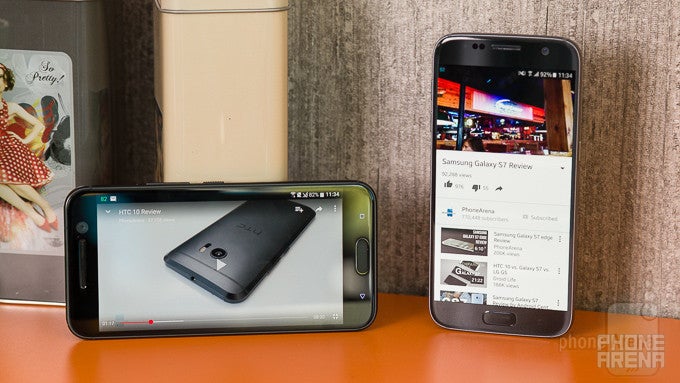
Over at Samsung's camp, we've got something far more pedestrian, not that that's necessarily a bad thing. In fact, the S7's speaker is pretty decent overall, matching the quality produced by the HTC 10. That said, it is undeniably louder, which can be seen as a plus by those inclined to blast tunes through the loudspeaker.
Battery life
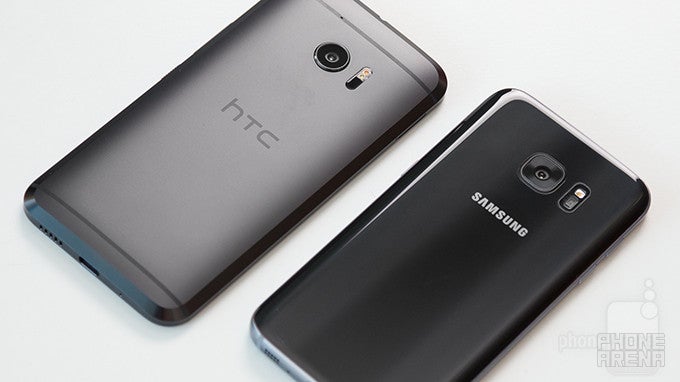
With stuff like system and camera performance having long crossed the sanitary minimum threshold long ago, as buyers we've naturally been demanding improvements elsewhere. And there isn't one single complain that can overshadow the world of tears shed over the poor or barely adequate battery life of our prized possessions.
That in mind, it's unsurprising to see both Samsung and HTC move to large, 3,000 mAh cells with their flagships. And while the HTC 10 fared a bit better in our custom battery life test, it's fair to say that it's in the same league with the Galaxy S7.
While reversed, we've got a similar scenario in terms of charging speeds. Samsung's top boy gets from zero to full in just 88 minutes, while the HTC 10 gets there in 100—or 12 minutes later.
Conclusion
Honestly, with these two you can't go wrong. Sure, we prefer the no-nonsense approach that HTC took with the Sense interface of the 10, and that does mean even better performance, but we can't fault anybody for their preferences. Preferences that might dictate that more features are better, and there are some well-executed ones you might enjoy with the Galaxy S7—such as one-handed mode and MultiWindow.
Given their near-identical pricing (about $699) and highly comparable performance across the board, this one really comes down to taste and little else. The Galaxy S7 does have the slightly superior camera, while the HTC 10 scores highly on interface and system performance. The 10 will also feel a bit more unique in your hand given the popularity of the Galaxy S6/S7, but will also cost you all that dough up-front if you're on AT&T, as it won't carry it.
End of the day, how are you supposed to make a choice? We'd suggest a walk to the nearest store that carries both and coping a feel. Go with the one that better fits your style—the rest is remarkably comparable.
HTC 10
Pros
- Substantive design
- No-nonsense software
- Very fast and accurate fingerprint scanner
- Impressive system performance
Samsung Galaxy S7
Pros
- Attractive, unisex design
- Great outdoor display visibility
- Outstanding camera with quick auto focus
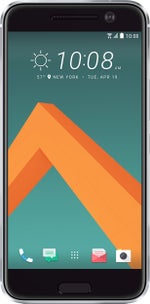
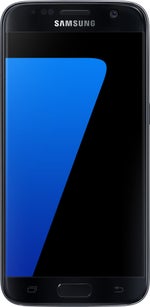


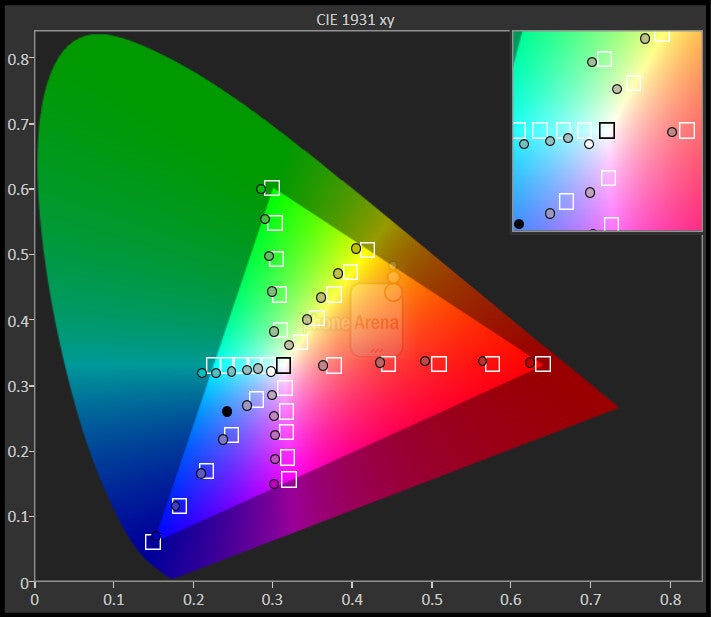






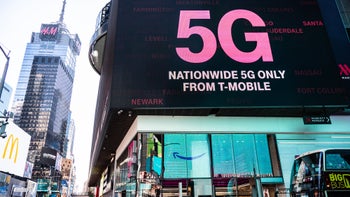
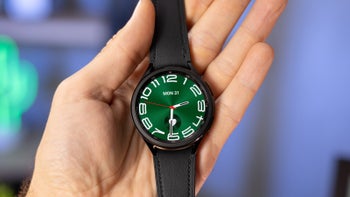
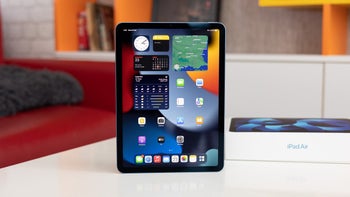

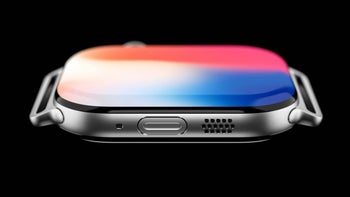
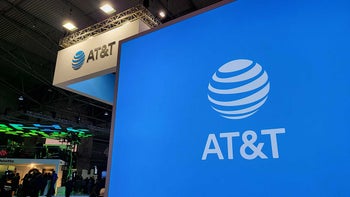
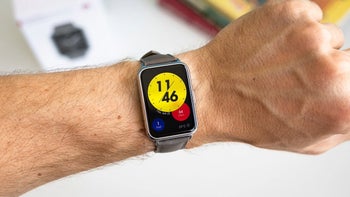
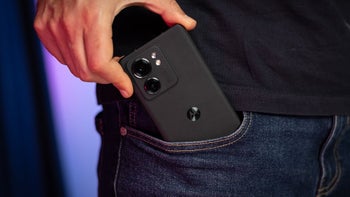
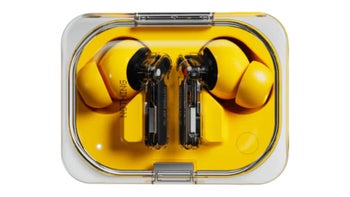
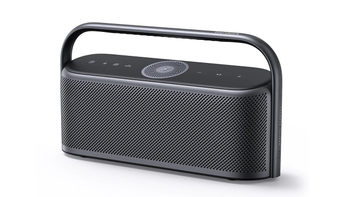
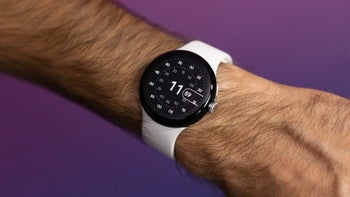
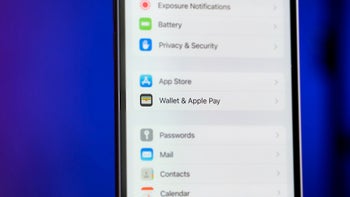






Things that are NOT allowed: